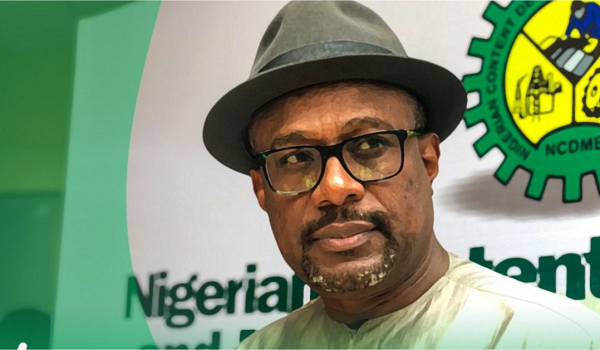The Economic and Financial Crimes Commission (EFCC) has detained and seized the passport of the former Executive Secretary of the Nigerian Content Development and Monitoring Board (NCDMB), Timber Kesiye Wabote.
Wabote is being detained over an alleged $35 million fraud related to the Brass Project. EFCC operatives also conducted a search of Wabote’s Abuja residence.
This marks the second time in two weeks that Wabote has been detained.
An EFCC insider confirmed that Wabote was summoned for further questioning and was detained based on the strength of evidence gathered against him.
“We also felt it necessary to confiscate his passport and other travel documents until the investigation concludes,” the source stated, adding that the search of his home followed standard procedural guidelines.
The EFCC official noted that Wabote was treated respectfully during initial questioning but allegedly provided conflicting information afterward.
“Once we conclude the investigation, we will present our findings to the public to demonstrate how the funds were mismanaged,” the source said.
Wabote’s detention is linked to the arrest of Akintoye Adeoye Akindele, the Managing Director of Atlantic International Refinery and Petrochemical Limited, on charges of alleged misappropriation and laundering of $35 million in public funds.
Akindele had proposed the Energy Infrastructure Park project in Okpoama Community, Bayelsa State, which received substantial NCDMB backing during Wabote’s tenure as Executive Secretary.
The EFCC’s investigation revealed that NCDMB, under Wabote’s leadership from 2016 to 2023, contributed $35 million in counterpart funding for the establishment of a refinery and supporting facilities, including a jetty, gas and power plants, data centre, and tank farm at the Brass Free Trade Zone in Bayelsa State.
However, the project reportedly saw minimal progress since December 2020, with little evidence of the intended development.
According to preliminary findings, Wabote’s tenure saw NCDMB invest in 17 different projects within the Brass Free Trade Zone, all intended to foster local capacity in the energy sector, but the EFCC alleges that some of these funds may have been misappropriated.


